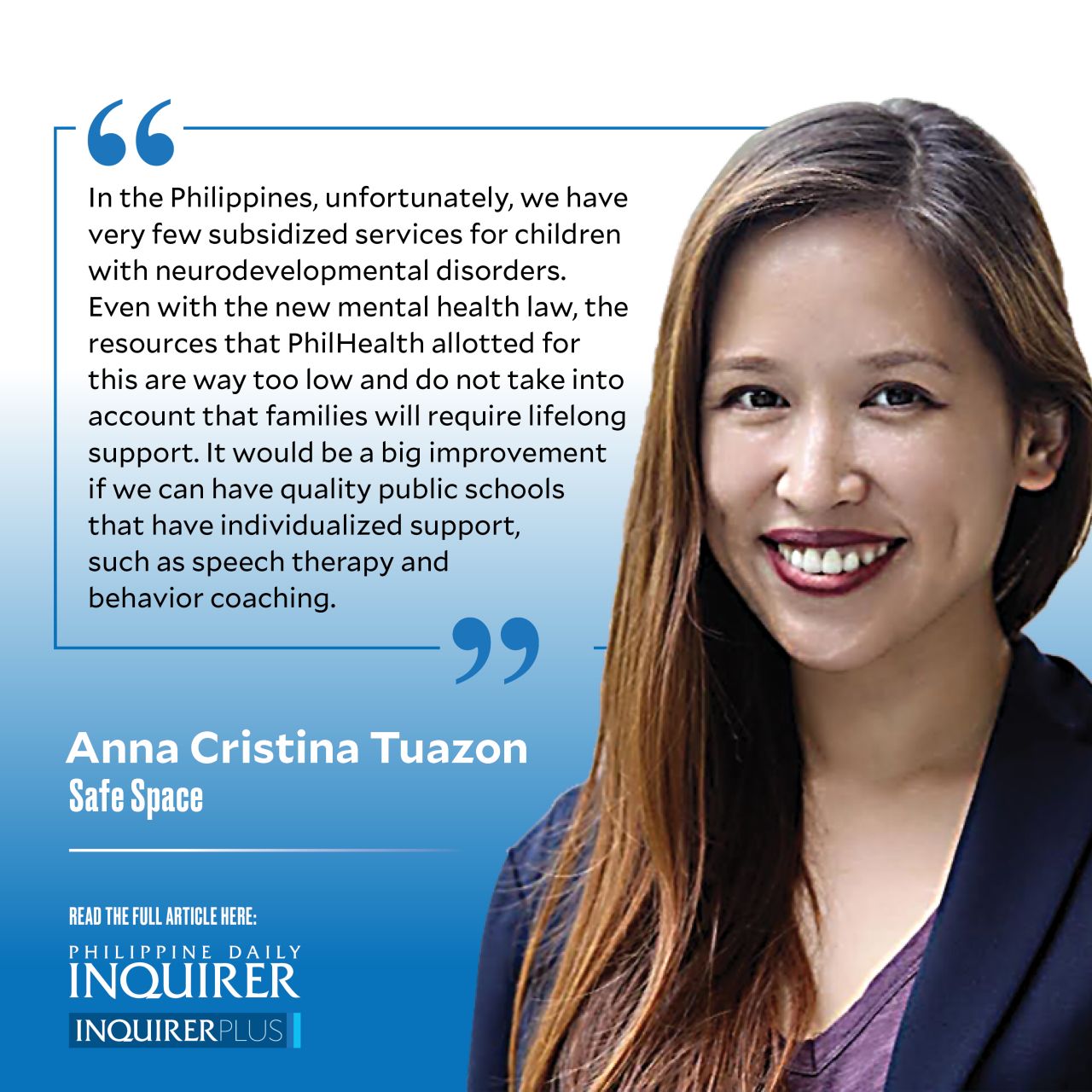Woo to the Young to the Woo

When I used to teach Abnormal Psychology to undergraduate students, my final requirement was to make them write a case formulation on a movie or TV character. My guidelines became more and more narrow with each semester, as I experienced the pitfalls of such an assignment. I had to ban horror and serial killer movies, as students gravitated toward villains and criminals. I reminded them that people with psychological disorders are not any more violent or dangerous than those without a diagnosis. I also urged them to be mindful of perpetuating harmful stereotypes and to look for more diverse and more accurate representations. Avoiding harmful tropes and portrayals proved to be enough of a significant challenge that I removed the requirement altogether.
I was, thus, pleasantly surprised to discover “Extraordinary Attorney Woo,” a South Korean television series about a lawyer on the autism spectrum. I was even more surprised that it seemed to resonate with a wide audience, being the top non-English series globally. Using law shows’ episodic format, the series focuses on one case at a time, showcasing Woo Young-woo’s strengths and challenges as a litigation lawyer. Unlike most other law dramas, however, the show chooses to use a range of cases and not just dark, sinister ones. So far, at least up until episode 8, there are no serial killers (a win!). The show also uses mildly whimsical elements in its storytelling, especially when Young-woo turns to whales and dolphins as her source of comfort, safety, and inspiration. The whimsical aspect is actually what felt truest to me. When life gets too illogical and chaotic, some people on the spectrum would hold on to a firm set of logical rules by which to navigate such an irrational world. When there is sensory overload or too much information, some would focus on certain objects or thoughts that would help soothe their senses and help them recenter.
In the first episode, as Young-woo prepares for her first day at work and looks up at an emotion chart full of her father’s facial expressions, I knew this show had a bonafide consultant. Autism spectrum disorder (ASD), while a lifelong condition, can be managed effectively so that the person can have a good quality of life. If there is no intellectual disability, some can go on to complete PhDs, pursue professional careers, get married, and have families. Even with intellectual disability, they can still have meaningful relationships and work. I’m not going to lie—it takes hard work and a tremendous amount of resources. It takes specialized wrap-around services and compassionate individuals (like the show’s Jun-ho and Su-yeon) to establish a secure base for people with ASD.
In the Philippines, unfortunately, we have very few subsidized services for children with neurodevelopmental disorders. Even with the new mental health law, the resources that PhilHealth allotted for this are way too low and do not take into account that families will require lifelong support. It would be a big improvement if we can have quality public schools that have individualized support, such as speech therapy and behavior coaching. As things are, families are forced to spend on either very expensive private education with such programs or augment their child’s education with after-school services. When I used to intern at a California county as a behavior consultant, I was able to provide weekly at-home services to families because the county offered these services for free for the rest of the child’s life. These, by the way, included respite care for the parent so that they can have some time off from taking care of their children. Most parents worry about what will happen to their child when they’re gone; the county is also able to place them in residential facilities if needed, and once they’re done with school, they can go on to adult day programs for socialization and skills building. One thing I notice here is that most treatments and programs are designed for children when these conditions are lifelong and they age out of programs once they become adults. I do have mixed feelings when I compare the American experience with ours, being mindful about the difference between our public resources. At the same time, it points us to the possibilities of how people’s lives can be vastly improved with enough political will.
Film and TV representations are never perfect, especially with ASD. As they say in our field, if you’ve seen one person with autism, then you’ve seen one person with autism. However, I still firmly believe that the medium has the potential to demonstrate lived experiences outside of one’s own, thereby increasing empathy for others who live different lives. We need more of such representations—that people with disorders can live full and varied lives, can pursue life goals and dreams, and can love and be loved.
——————
aatuazon@up.edu.ph




















